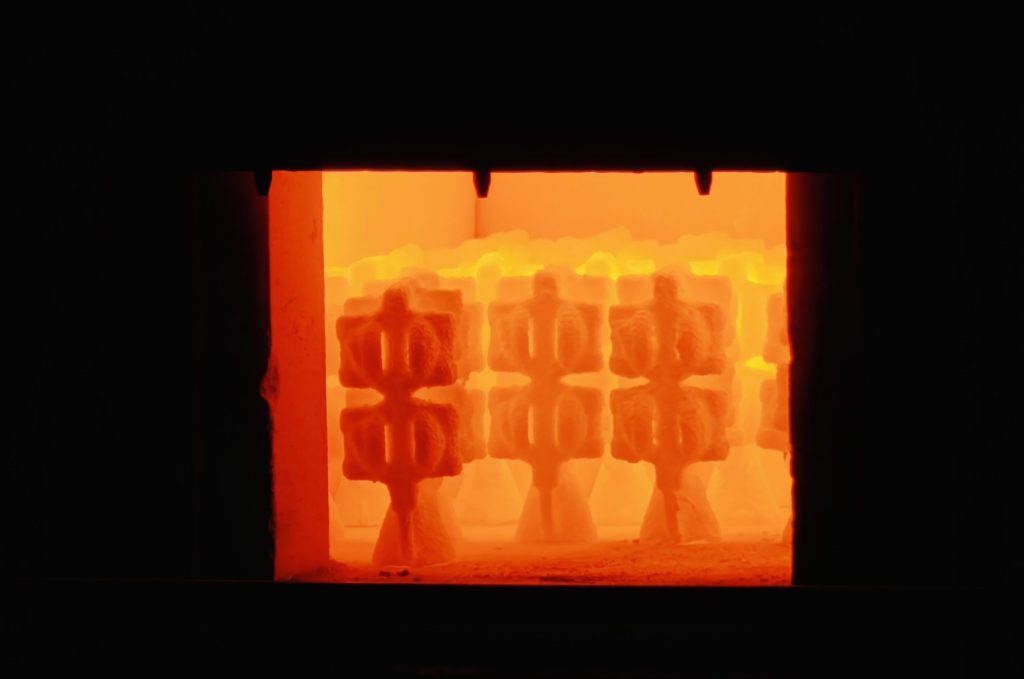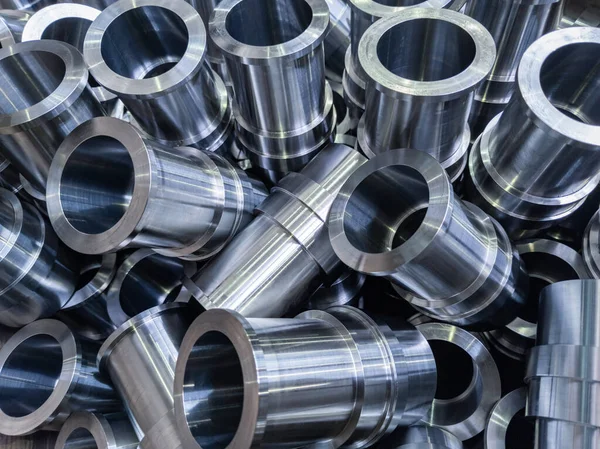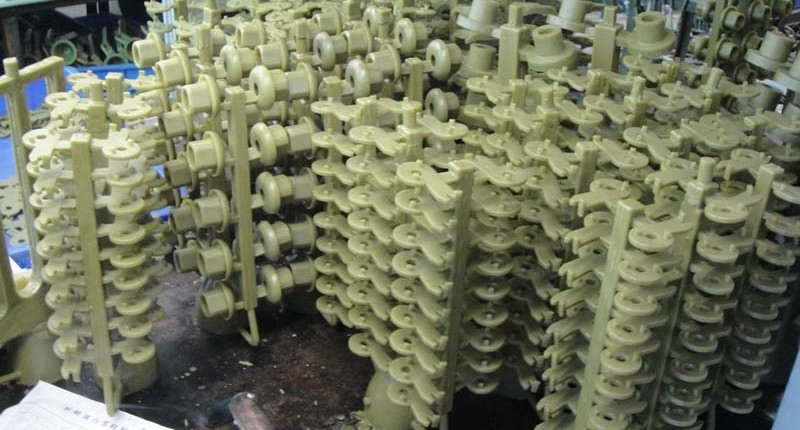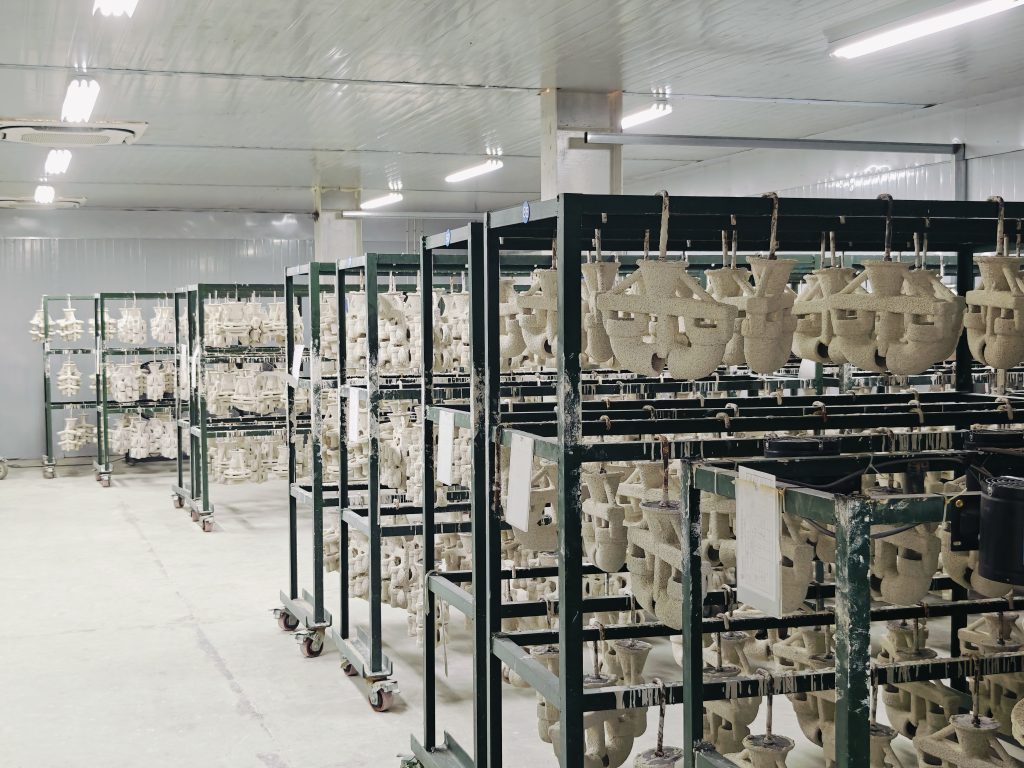How to Choose a Foundry: Key Factors and Practical Guidelines
Choosing a suitable foundry has a crucial impact on product quality, cost and delivery time. Whether it is mass production or small batch customization, finding a reliable partner is the key to success. This article will provide you with a practical guide to choosing a foundry from multiple perspectives to help you make an informed decision.
Table of Contents
- 1. Clarify your needs
- 2. Investigate the technical capabilities of the foundry
- 3. Evaluate production capacity
- 4. Inspect the quality management system
- 5. Understand the cost structure
- 6. Investigate delivery capabilities
- 7. Evaluate after-sales service
- 8. Field investigation and reference cases
- 9. Sign a contract and clarify responsibilities
- 10. Establish a long-term cooperative relationship
- 11. Conclusion

1. Clarify your needs
Before choosing a foundry, you must first clarify your needs, which is the basis for ensuring smooth subsequent cooperation. Aspects to consider include:
Product type:
the type of parts that need to be cast (such as automotive parts, mechanical parts, etc.).
Material requirements:
the required casting alloy (such as aluminum alloy, cast iron, stainless steel, etc.).
Production scale:
batch size (small batch trial production or large-scale production).
Quality standards:
product accuracy, surface finish, mechanical properties and other requirements.
Delivery time:
the urgency of the project and the delivery deadline.
2. Investigate the technical capabilities of the foundry
The technical capabilities of the foundry directly affect the quality of the product, so it is necessary to focus on the following aspects:
Casting process:
whether the factory has the required casting process (such as sand casting, die casting, investment casting, etc.).
Equipment level:
the degree of sophistication and maintenance of casting equipment.
Technical team:
the professional level and experience of engineers and technicians.
Quality control:
whether there is a complete quality control system (such as ISO certification) and testing equipment (such as X-ray flaw detection, spectrometer).
3. Evaluate production capacity
Production capacity is an important consideration in choosing a foundry, including:
Capacity scale:
whether the factory can meet your production needs, especially when placing large orders.
Production cycle:
whether the time from mold making to finished product delivery is reasonable.
Flexibility:
whether it can cope with emergency orders or design changes.
4. Inspect the quality management system
The quality management system is the key to ensuring product consistency and reliability, and the following should be focused on:
Certification status:
whether it has passed international quality certifications such as ISO9001.
Testing methods:
whether there are complete testing processes and equipment, such as dimensional testing, material analysis, non-destructive testing, etc.
Defect rate control:
the factory’s historical defect rate data and its improvement measures.
5. Understand the cost structure
Cost is an important factor in choosing a foundry, but price should not be the only criterion. Comprehensive considerations are needed:
Quotation transparency:
Does the foundry provide a detailed quotation, including material costs, processing costs, mold costs, etc.
Additional costs:
Are there any hidden costs, such as transportation costs, tariffs, etc.
Cost-effectiveness:
Choose the most cost-effective supplier while ensuring quality.
6. Investigate delivery capabilities
Delivery capabilities directly affect project progress, and attention should be paid to:
On-time delivery rate:
Whether the foundry’s historical delivery record is on time.
Logistics support:
Whether it provides complete logistics services, including transportation, warehousing, etc.
Emergency handling:
Does the foundry have an emergency handling plan in case of emergencies.
7. Evaluate after-sales service
After-sales service is an important guarantee for long-term cooperation, and the following should be investigated:
Problem response speed:
The factory’s response speed and handling efficiency to quality issues.
Technical support:
Whether it provides continuous technical support and process improvement suggestions.
Cooperative attitude:
Whether the factory is willing to establish a long-term cooperative relationship with customers for common development.
8. Field investigation and reference cases
Field investigation is an effective way to understand the real situation of the foundry. Recommendations:
Visit the factory:
personally inspect the factory’s production environment, equipment conditions and management level.
Reference cases:
understand the factory’s past cooperation cases, especially projects related to your industry.
Customer feedback:
obtain real feedback through third-party channels or directly contact the factory’s existing customers.
9. Sign a contract and clarify responsibilities
Before confirming the cooperation, be sure to sign a detailed contract to clarify the following:
Quality standards:
technical requirements and acceptance standards for products.
Delivery time:
specific delivery date and delay handling plan.
Payment method:
payment terms and process.
Division of responsibilities:
division of responsibilities and compensation plan in the event of quality problems or delayed delivery.
10. Establish a long-term cooperative relationship
Choosing a foundry is not only a one-time cooperation, but also the beginning of a long-term cooperation. Recommendations:
Regular communication:
maintain regular communication with the factory, and promptly feedback problems and needs.
Joint improvement:
work with the factory to optimize the process and improve product quality and production efficiency.
Strategic cooperation:
When conditions are ripe, consider establishing a strategic partnership with the factory to achieve a win-win situation.
Conclusion
Choosing a suitable foundry requires comprehensive consideration of multiple factors such as technical capabilities, production capacity, quality management, cost control, delivery capabilities and after-sales service. Nbcastings foundry has excellent factors in these aspects and is your most suitable partner. We can ensure that your project goes smoothly and achieves long-term development. If you are interested in this, please contact us immediately. I hope that the guide in this article can help you make wise choices in a complex market environment and add a guarantee to your business.



